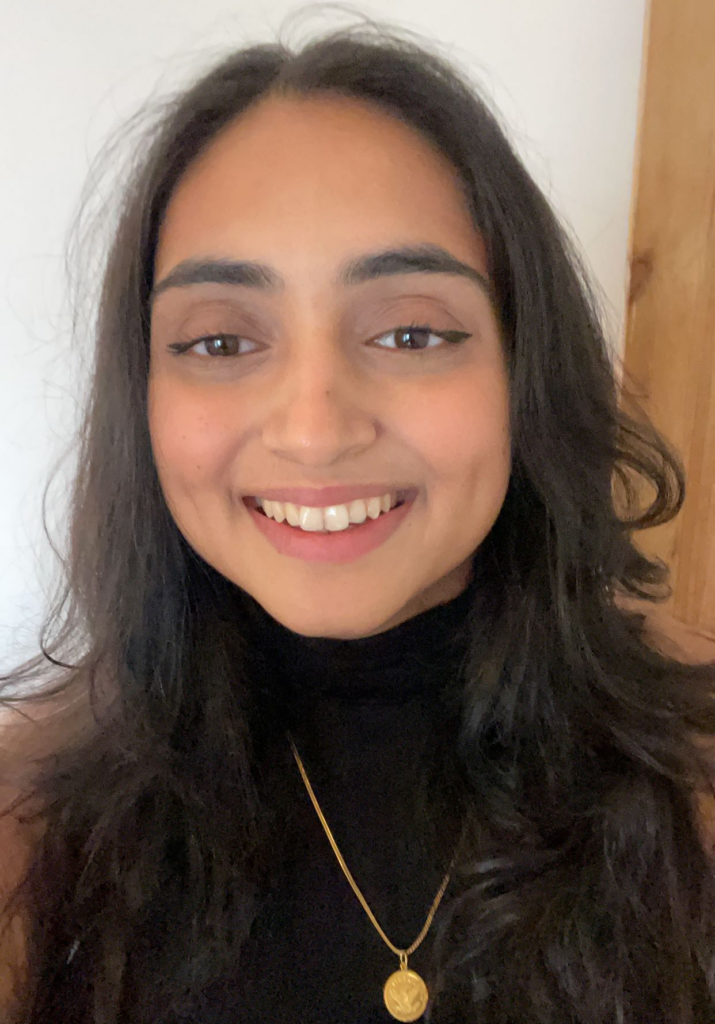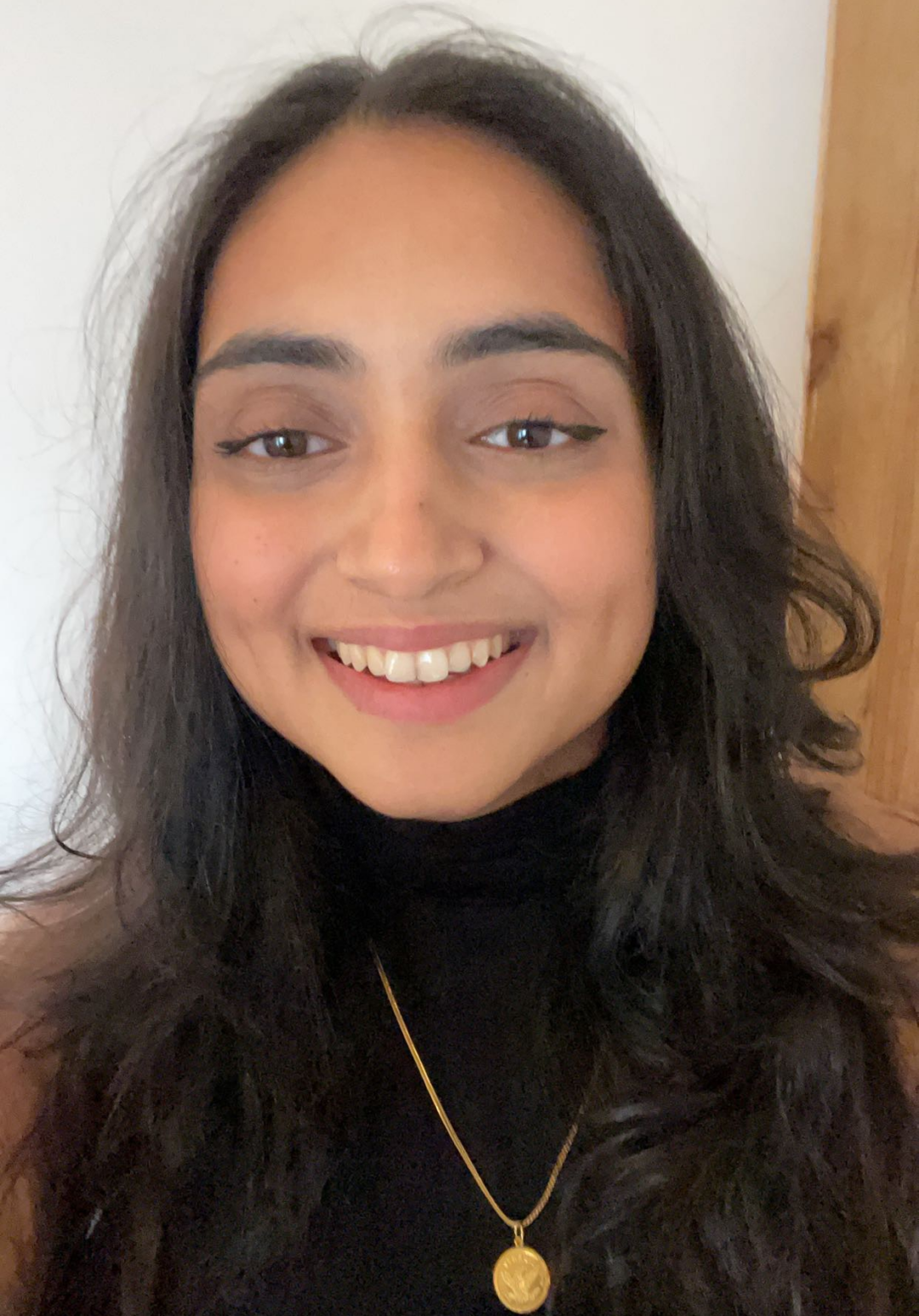Sona Dave, fifth year BDS student at the University of Plymouth, and student member of the College , passes on her advice for a successful clinical placement.

The transition from non-clinical to clinical in dentistry is a huge step-up, regardless of where you attend university. I have written this brief-but-jam-packed guide as I wish someone had given me tips before I started clinic/placement.
Starting to treat patients is a massive step-up from practising on phantom heads and learning theory. Getting ready to start your placement may seem overwhelming initially, but remember to take the days as they come and to see each clinical session as a new opportunity to learn and grow.
I hope these tips can help you dive into your clinical career at university. Good luck!
- Look after yourself
This is the best tip I have for any dental student. Clinical days are very rewarding, however they are also taxing mentally. In order to look after patients, you need to look after yourself.
So, make sure that you are eating three healthy meals a day if possible, getting regular movement through physical exercise and practising good sleep hygiene to ensure you are able to show up to your placement as your most rested self. Some people find habit trackers helpful and others don’t, find out what works best for you and keep trying your best!
- Get on top of your time management
Time management within dentistry is key to ensuring a healthy work-life balance. Focusing on your degree is important for your future, but you also need to prioritise your wellbeing and hobbies to ensure you don’t burn out. Finding a balance will undeniably be an ongoing process with ebbs and flows, so try to pace yourself through it. One way you could achieve this is by having a weekly diary with your top clinical / academic priorities listed as well as a couple of fun activities to look forward to.
- Learn how to treatment plan correctly
Treatment planning lies at the heart of everything we do. Ensure you follow a clear structure to your treatment planning and consent your patients properly by explaining the risks, benefits and alternatives to procedures.
Evidence-based national guidance should inform and support your treatment plans.
- Get familiar with national guidelines
This goes hand-in-hand with the above tip. Your life on placement and in dentistry in general, centres around evidence, and guidance that helps us make informed clinical decisions.
Popular national guidance includes but is not limited to:
– College of General Dentistry (CGDent) – standards and guidance
– Gov.uk – Delivering Better Oral Health
– National Institute for Health and Care Excellence (NICE) – Clinical Knowledge Summaries
– NHS England – HTM-01-05 – Decontamination in primary care dental practices
– Scottish Dental Clinical Effectiveness Programme (SDCEP) – Guidance
Tip – if you become a member of CGDent, you can download their standards and guidance to your device so they’re always on hand when you need them. You can join as a Student Member for £11.
- Make a reference guide for your placement
Doing this will make your life so much easier on your clinical days. A resource could be something like a Word document, OneNote, notebook with handwritten notes or a file with printouts. It may be worthwhile to include guides for procedures you have learnt so far at university. They will act as a useful reference if you find yourself attempting a new procedure in clinic.
- Make clinical templates
Making templates that you can transfer over to your dental notes system for things such as new patient exams, recalls, extractions and fillings will save you a lot of time during your day. It increases your efficiency during appointments making sure you don’t feel rushed.
- Keep track of the procedures you do and reflect on them
Despite sometimes feeling like an arduous task, reflection is perhaps one of the most useful tools we have in dentistry. It gives us the benefit of hindsight to improve our clinical practice. I would recommend attempting to record the procedures you are able to complete on placement and give a brief description of how the procedure went and a short reflection. This could be at the end of the day where you have a spare few minutes. In the long run, it will help you become the best clinician you can be.
- Make good use of your free time on placement
If you happen to have a patient cancellation, do not just leave to go home. I know it may seem tempting and very easy to do but in the long run it is better if you try to use this time wisely. You could fill this time in by practising on one of your phantom heads if possible, or alternatively you could pick the brains of your supervisors and ask them about one of your interesting cases or if they have any tips.
- Start learning the importance of clinical photographs
Clinical photographs are immensely useful in our careers. Whether it’s to show patients’ before-and-after pictures, to keep a record of your own portfolio or to send off intra-oral pictures for referrals, they are paramount to our everyday practice.
Taking good pictures is a skill that is built up over time. However, the earlier you start the better you will be by the time you graduate. It’s always worthwhile asking your supervisors for any tips and tricks they may have to capture the best shots of your clinical work. Read the blog ‘Why taking photos is an essential skill in dentistry’ for some useful advice.
- Dental school is a journey
Understand that your time at university is a journey and not a competition. Your job as a student is to do better than you did yesterday. It is easy to get swept up in emotions and start comparing yourself to others, but this is not productive nor helpful to you or others. So, remember to do your best, be kind and try to help your fellow students where you can.
Author bio
“I am in Year 5 of the BDS at the University of Plymouth. My particular areas of interest in dentistry are oral surgery, dental public health and special care dentistry. When I’m not studying, I practice yoga and like reading and running.”
Sona Dave



